Intent
To implement a rich curriculum that will inspire students to strive to communicate in a language other than their own, to raise awareness of, and interest in, other cultures and to highlight the need for language skills in the modern world.
We will continue to deliver a broad curriculum in three languages at KS 3, 4 and 5 which will not only facilitate the learning of language concepts, but also instil a deep appreciation and knowledge of important cultural characteristics and differences. Through our curriculum, we seek to empower our learners through the acquisition of language and transferable language skills to engage in problem solving and higher order thinking in the classroom and beyond.
Implementation
Within an agreed structure, staff are given the flexibility through a wide range of varied resources to organise necessary module content and deliver as appropriate to their groups and their own personal style.
KS3
The structure of the curriculum allows students to progressively acquire language skills and vocabulary across an appropriate and relevant sequence of modules. The fundamental aim is to develop within students a clear understanding of language rules, composition and their application across topics. The primary goal in knowledge and language acquisition necessary at KS4, includes the mastery of 3 main tenses and a comprehensive knowledge of how to express and justify opinions. We begin building towards this in year 7 with an understanding of language basics and we further develop this throughout the year 8 SOL with the introduction of a range of different time frames, thus building a firm foundation for the beginning of KS4.
Particular attention is paid to the differing baselines of the new intake and the varied MFL provision at primary feeder schools. As a consequence, special focus is given to ensure that initial language learning is accessible to and challenging for all.
As well as end of unit tests covering the four language skills, which will inform levels at data points, low stakes pop tests will be used in order to aid re-call and revise language learnt on a continuous basis in order to promote constant consolidation and to avoid a rapid loss of knowledge gained.
KS4
Students continue with the language studied at KS3 and in year 10 we ensure that students have a clear understanding of the requirements for GCSE and work to ensure they have the necessary skills and knowledge to succeed in the varied skills based papers. We offer students a broad variety of subject material across the four language skills (listening, reading, speaking and writing). In year 11, students continue to build on their existing skills and more emphasis is placed on independent and spontaneous production of language. Throughout the GCSE course, we aim to improve students’ retention of skills and vocabulary as well as promoting enhanced confidence. All students have regular access to a variety of online resources to reinforce their learning outside the classroom. Students also have the opportunity for regular speaking practice with FLAs (Foreign Language Assistants). For our most able students, the higher level resources challenge them to reach a high level of comprehension and production of language, whilst foundation level resources mean that all students can access the curriculum and achieve a level of success.
KS5
Whilst the uptake of MFL at KS5 remains small nationally, we have the advantage of gaining the most able students at A level as recent years results will reflect. At KS5, the depth of study increases and includes detailed analysis of both film and literature and in depth investigation of cultural, political and economic themes which provide opportunities to pursue their own areas of interest and develop personal and independent learning skills which are essential for further study in higher education as well as fuelling content for the IRP (Independent Research Project) at A level.

